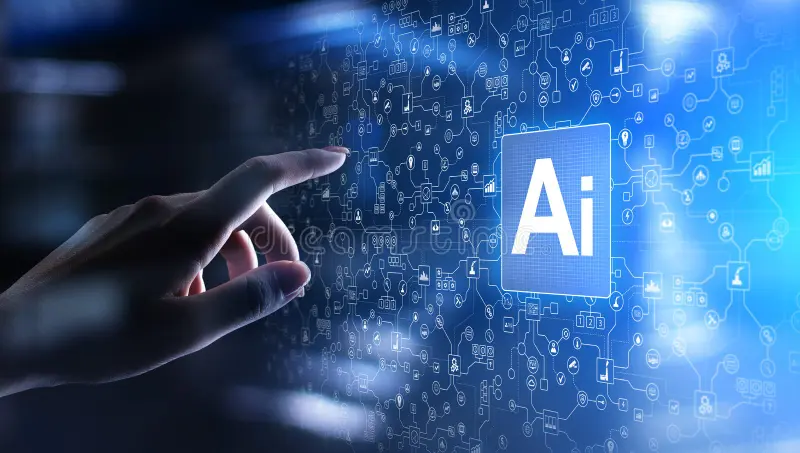Artificial Intelligence (AI) has come a long way since its inception, transforming from a futuristic concept to a tangible reality that’s revolutionizing various aspects of our lives. In recent years, AI technology has made tremendous strides, advancing from simple machine learning algorithms to sophisticated systems capable of simulating human intelligence.
One of the most significant breakthroughs in AI technology is the development of deep learning models. These models are inspired by the human brain’s neural networks and can learn from vast amounts of data, enabling them to improve their performance over time. Applications of deep learning include image recognition, natural language processing, and speech recognition.
AI technology has numerous applications across industries, including healthcare, finance, and customer service. In healthcare, AI-powered systems can analyze medical images to detect diseases, predict patient outcomes, and develop personalized treatment plans. In finance, AI-driven algorithms can detect fraud, analyze market trends, and make investment decisions. Chatbots and virtual assistants, powered by AI, have transformed customer service, enabling businesses to provide 24/7 support to their customers.
Another significant area where AI technology is making waves is automation. By automating repetitive and mundane tasks, businesses can increase efficiency, reduce costs, and improve productivity. AI-powered robots are being used in manufacturing, logistics, and supply chain management, revolutionizing the way businesses operate.
The rise of AI technology has also led to the development of smart homes, cities, and infrastructure. Smart home devices, powered by AI, can learn our habits and preferences, adjusting the lighting, temperature, and security settings accordingly. Smart cities, equipped with AI-powered sensors and cameras, can manage traffic, public safety, and waste management more efficiently.
While AI technology offers numerous benefits, it also raises ethical and moral concerns. The use of AI technology raises questions about data privacy, bias, and job displacement. As AI systems become more advanced, there is a risk of bias in decision-making, perpetuating existing social inequalities. Moreover, the increasing reliance on AI technology has the potential to displace human jobs, exacerbating income inequality.
In conclusion, AI technology has come a long way since its inception and has the potential to transform various aspects of our lives. While there are benefits to AI technology, it’s crucial to address the ethical and moral concerns surrounding its development and deployment. By doing so, we can ensure that AI technology is developed and used responsibly, benefiting humanity as a whole.



